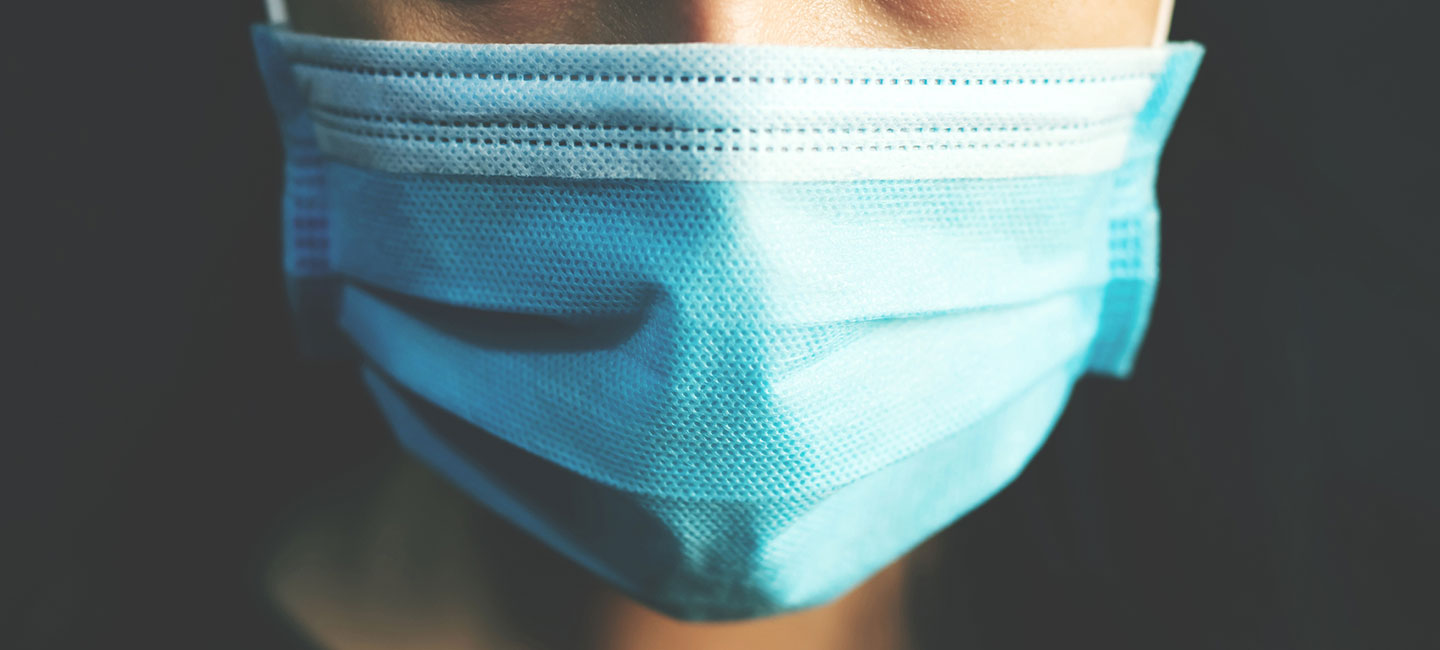8 COVID-19 Tips You Should Follow
While multiple trials are being conducted, it is still too early to tell what will happen with the COVID-19 vaccine and when it could be available in the United States. The different trials are working to find the best way to administer the vaccine—inhaled, oral or intravenous—and which strain of the virus to use.

Aliyah Baluch, MD, Infectious Diseases Program
“With a novel infection like COVID-19, we don’t know what’s the best way,” said Dr. Aliyah Baluch, an infectious diseases specialist at Moffitt Cancer Center. “That’s why, literally, we’re trying to get it. We’re trying all the different styles known to virology to create a vaccine.”
Because cancer patients are ineligible to participate in COVID-19 vaccine trials, when a vaccine does become available they will most likely not be candidates to receive it. That is why it is so important for cancer patients and healthy individuals to practice good habits to stop the spread of the virus.
The American Medical Association has released tips everyone should be following to protect themselves and others from COVID-19:
- Wear a mask. The Centers for Disease Control and Prevention recommends wearing a mask in public. Make sure you are wearing yours correctly.
- Watch your distance. COVID-19 is transmitted person-to-person by droplets when someone talks, coughs or sneezes. Social distancing limits your ability to be hit with anyone else’s droplets.
- Wash your hands. Good hand washing hygiene is your best defense against germs. According to the CDC, hand washing can prevent one in five respiratory diseases. It’s important to not only wash your hands, but do so correctly.
- Limit exposure, slow the spread. By following good practices like social distancing and good hand washing, we can slow the spread of COVID-19. If we can slow the spread, health care providers can better care for those who are sick because not everyone will be at the hospital at the same time.
- Know when to get tested. To be considerate of limited testing resources, only seek testing when demonstrating COVID-19 symptoms, after a known exposure to the virus or when necessary prior to a health care procedure.
- Cooperate with contact-tracing efforts. Contact tracing helps protect you, your family and your community by letting people know they may have been exposed to COVID-19, helping those who may have been exposed get tested and asking those to self-isolate if they have COVID-19 or been exposed. If you receive a call from a local public health department about a COVID-19 exposure, you should cooperate. These discussions are confidential and your personal and medical information will be kept private.
- Protect your children. While how COVID-19 spreads in and affects children is still under investigation, some studies have shown children can be asymptomatic carriers. It is important they also wear masks to prevent the spread of COVID-19 to others.
- Get a flu shot. This year, flu shots are more important than ever. There is a looming threat of a “twindemic,” a combination of a severe flu season and COVID-19. While there is no COVID-19 vaccine yet, there is a flu vaccine, which can reduce the risk of widespread outbreaks and save hospital resources. Cancer patients should make sure they get the flu vaccine, which is made from the dead flu virus, not the nasal spray. However, some cancer patients with a weakened immune system may not get the full benefit of flu vaccination, such as patients receiving anti-B cell immunotherapy or intensive chemotherapy like induction or consolation chemotherapy for acute leukemia.



